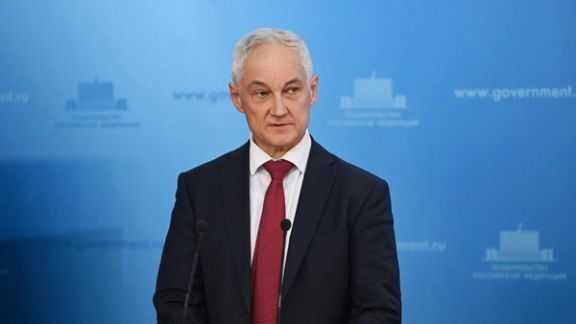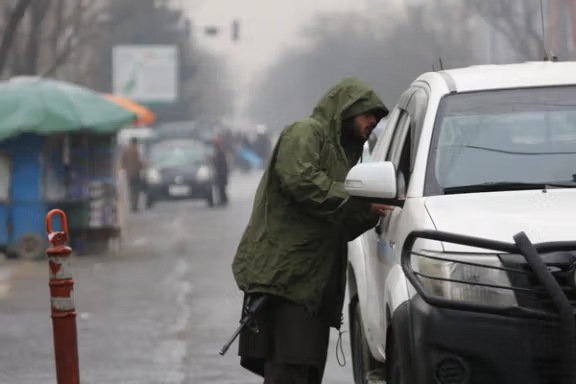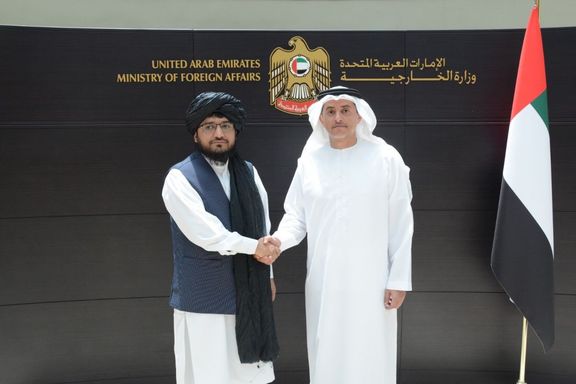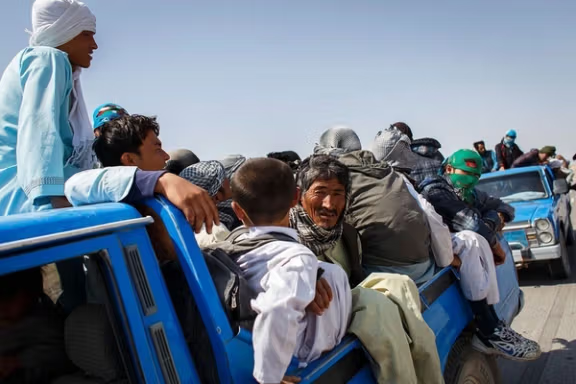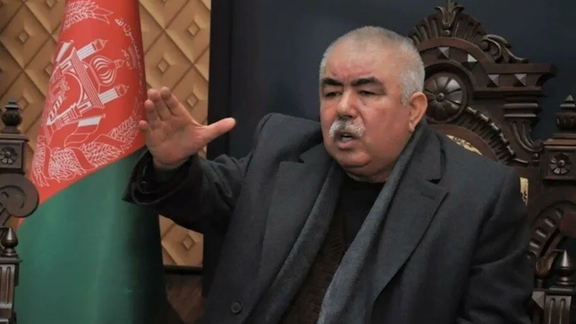Mohammad Amir Tawasoli, a former Afghan military pilot, took his own life on Sunday, May 18, 2025, after receiving an order to leave Iran. The incident underscores the intense psychological pressure and constant fear experienced by former Afghan soldiers in the country, Nasresfahani told Shargh newspaper in an interview published Monday.
“These individuals live in perpetual anxiety due to the threat of deportation,” Nasresfahani said, noting that many avoid the Afghan embassy in Tehran out of fear of being identified by the Taliban or forcibly returned to Afghanistan.
The situation has worsened following a recent decision by Iran’s Ministry of Interior to invalidate census cards held by approximately two million Afghan migrants. This policy has stripped legal status from many former soldiers who initially entered Iran with valid documentation. A six-month deadline for undocumented migrants to leave Iran has further heightened their uncertainty.
Nasresfahani warned that repatriation poses severe risks for former Afghan soldiers, citing reports of returnees particularly ex-military personnel facing trials in makeshift Taliban courts or execution at the Afghanistan border. “The Taliban have blacklisted individuals suspected of harming or killing their members,” he said, adding that repatriated soldiers face potential “torture, imprisonment, deprivation, and even death.”
Many former soldiers now live in hiding in Iran without valid residency documents, fearing forced return. Nasresfahani urged the Iranian government to adhere to international conventions and treat at-risk Afghan migrants, particularly former military personnel, with humanity. “The cancellation of census cards has severely undermined the mental and physical security of those attempting to rebuild their lives after the fall of Kabul,” he said.
He also criticised domestic political and media narratives that portray Afghan military personnel as a national security threat, arguing that such perceptions have driven Iran’s security-centric approach rather than a humanitarian or legal one.
Iran has announced plans to deport all migrants lacking valid residency documents. However, migration rights activists warn that implementing these measures without regard for the unique circumstances of refugees, especially former soldiers, could lead to severe and irreversible humanitarian consequences.
Nasresfahani called for policies that prioritise the safety and rights of Afghan migrants, particularly those at risk of persecution if returned to Taliban-controlled Afghanistan.
